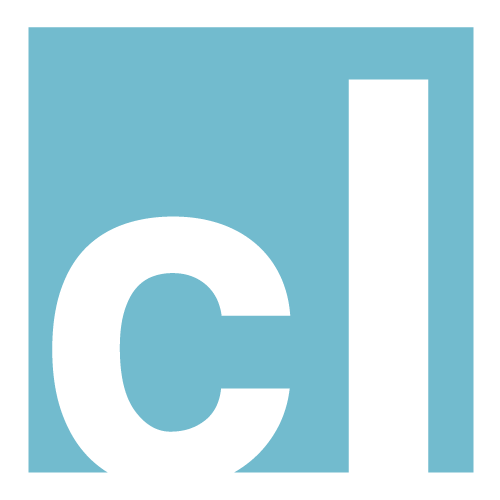Exciting Announcement: Contribution to a New Book Chapter
I am thrilled to share our latest contribution to an esteemed publication. The book chapter, » Capítulo 18. Transforming Traditional Professional Development into Blended Learning Communities,» collaborates with distinguished colleague Dr. James Lipuma. It’s an honor to be a part of this scholarly work, which is included in Ciências Socialmente Aplicáveis: Integrando Saberes e Abrindo Caminhos, Vol. VIII (León & Lipuma, 2023).
Chapter Abstract:
The New Jersey Department of Education sought to develop a professional online learning community for 150,000 educators in nearly 600 school districts. The authors present a post-project analysis of the project designed to support face-to-face, blended, and fully online learning situations. This project created an «Online Professional Learning Exchange» with blended online learning modules and was funded with over two million dollars. The greatest strength of the OPLE tool is helping the state of New Jersey shift its training away from specialized knowledge delivery in a face-to-face format to the Community of Practice. The article presents a systematic review of the literature, an analysis of learning methods and professional training, and a description of methods for creating blended learning modules focused on video, written materials, polls, and discussions. Through this integrated approach, OPLE enables users to master concepts, which improves your ability to provide more efficient and effective instruction to your students. Finally, the article concludes with results and implications in light of current world developments and their impact on education.
Presented at Academia Journals Hidalgo 2021:
Congreso Internacional de Investigación Academia Journals Hidalgo 2021 (Yáñez León & Lipuma, 2021).
Read Our Work
You can access our chapter on the Editora Artemis website
Acknowledgments
The New Jersey Department of Education.
Disclosure statement
No conflict of interest pertains to the research presented above.
ORCID
Cristo Leon https://orcid.org/0000-0002-0930-0179
James Lipuma ORCID: https://orcid.org/0000-0002-9778-3843
Copyright
Creative Commons Attribution-NonCommercial-NoDerivatives 4.0 International License (CC-BY-NC-ND)
Sources
León, C., & Lipuma, J. (2023). Capítulo 18. Transforming Traditional Professional Development into Blended Learning Communities [Editora Artemis]. In J. J. Martins Rodrigues & M. A. Marques, Ciências Socialmente Aplicáveis: Integrando Saberes e Abrindo Caminhos, Vol. VIII (CLDM_LDO; Vol. 8, pp. 219–229). Editora Artemis; /Research/Education. https://doi.org/10.37572/EdArt_30052381118
Yáñez León, C. E., & Lipuma, J. M. (2021). Transforming Traditional Professional Development into Blended Learning Communities [AJ Non-Peer Reviewed]. Congreso Internacional de Investigación Academia Journals Hidalgo 2021, 13(9), 2062–2067. /Research/Collaboration & Convergence.
Citation
When citing this paper, use this format:
León, C., & Lipuma, J. (2023). Capítulo 18. Transforming Traditional Professional Development into Blended Learning Communities. In J. J. Martins Rodrigues & M. A. Marques, Ciências Socialmente Aplicáveis: Integrando Saberes e Abrindo Caminhos, Vol. VIII (CLDM_LDO; Vol. 8, pp. 219–229). Editora Artemis; /Research/Education. https://doi.org/10.37572/EdArt_30052381118

